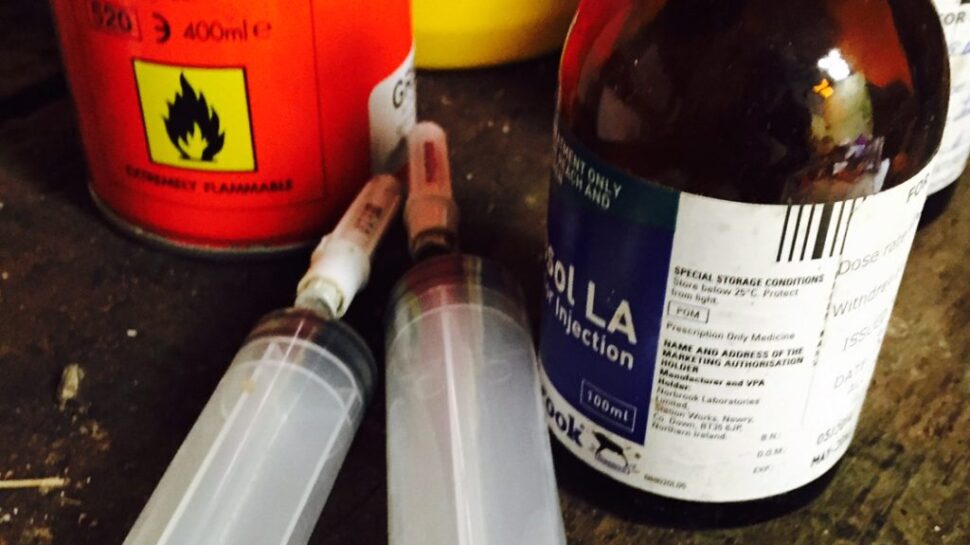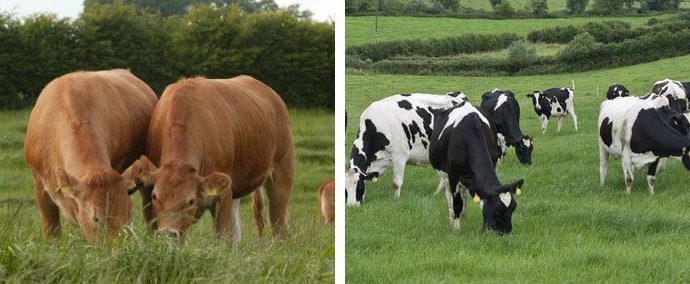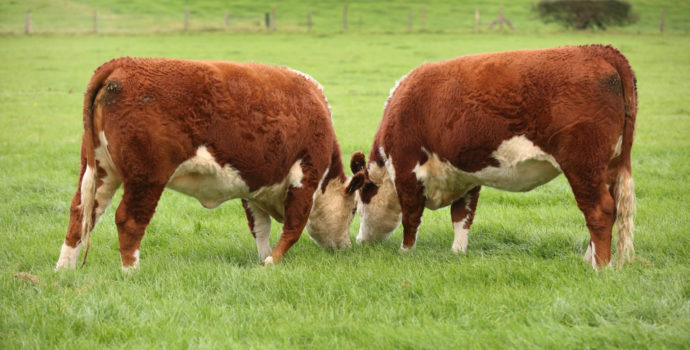Vet Med Discussions Have to Include Farmers

IFA Animal Health chair TJ Maher said it’s concerning from a farmer’s perspective to hear discussions have taken place between the Department of Agriculture, vets and Licensed Merchants on the Draft SI for the Veterinary Medicinal Products Regulations over the past few weeks. Farmers have had no communication on the issue since last January.
TJ Maher said the Department of Agriculture would do well to remember that it is farmers who purchase these products and it is farmers who will be directly impacted in our daily management of our animals by the contents of the final SI.
“It is ironic that the two service providers – vets and Licensed Merchants – who are seeking to maximise their control on the supply of these veterinary medicinal products are the stakeholders the Department of Agriculture have chosen to engage with on this issue rather than the people who actually buy the products and whose money these service providers are pursuing.”
TJ Maher said the last discussions with the Department of Agriculture on this issue were in January when IFA rejected the draft SI for a number of reasons.
“When finalised, it’s vital that the SI maximises competition in the supply and sale of veterinary medicinal products. This means ensuring all current suppliers remain actively involved in the process. The key factors that influence this are the prescribing process and validity period of the prescription,” he said.
The IFA Animal Health chair said the draft SI which we discussed in January required all prescribing vets to develop a parasite control programme for the farm regardless of the level of knowledge the vet had of the farm.
This would add unnecessary cost and bureaucracy to the prescribing process and ultimately, the cost for farmers. In addition, the SI proposed a validity period of only three months for a prescription for antiparasitic products as opposed to the current 12 months. Again, this adds further cost for farmers and diminishes the opportunity to competitively source these medicines.
Allowing a Licensed Merchant to hire the services of a consultant vet to prescribe for farmers in the SI is a positive step for larger merchants and co-ops who have the resources to engage these vets, but smaller licensed merchants would be effectively frozen out as would veterinary pharmacies who are not allowed engage in this practice.
He said these were the primary reasons IFA rejected the proposed SI and we have not heard from the Department of Agriculture since.
TJ Maher said there are also fundamental issues still to be addressed with the NVPS, which the proposed SI seeks to puts on legislative footing, and which we have consistently raised with the Department of Agriculture. In particular, they are around the area of privacy of farmers data in the NVPS, but also relate to the compulsory imposition of the NVPS and the failure to recognise the challenges this will pose for large numbers of farmers.
The IFA Animal Health chair said this issue has dragged on for a number of years and we are still a long way from a resolution that meets the needs of farmers.



